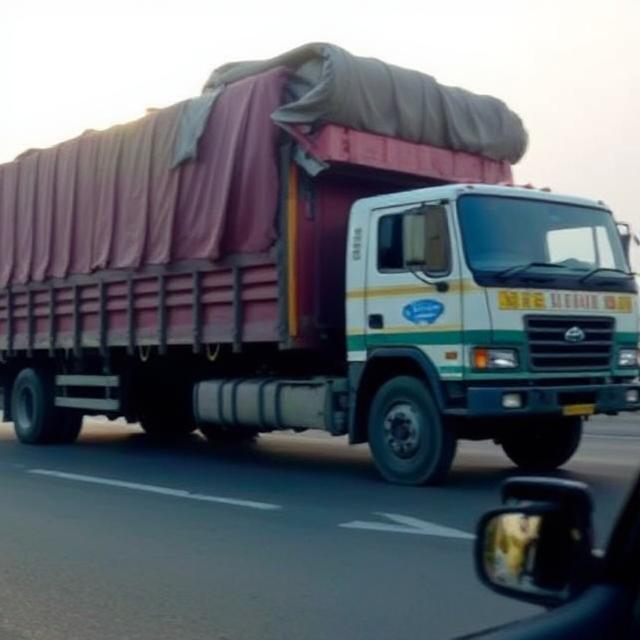Avoid costly fines and legal trouble by understanding truck overloading rules and legal weight limits in India. Learn how to stay compliant with axle load norms and MoRTH regulations.
Avoiding Fines: Truck Overloading Rules and Legal Limits in India
Overloading trucks might seem like a way to save money, but in India, it’s a fast track to hefty penalties, vehicle damage, and legal issues. With tighter enforcement from the Ministry of Road Transport and Highways (MoRTH), understanding the legal limits and compliance requirements is essential for fleet owners and logistics managers.
🚨 What is Truck Overloading?
Truck overloading happens when a vehicle carries weight beyond its permissible Gross Vehicle Weight (GVW) or individual axle weight limits, as defined in the vehicle’s registration certificate (RC) and MoRTH guidelines.
This includes not only cargo but also the weight of the truck body, fuel, passengers, and containers.
📏 Legal Truck Weight Limits in India
India’s legal truck weight limits depend on the number of axles and tires. As per the revised MoRTH axle load norms, here are common limits:
| Axle Configuration | Legal Load Limit (Kg) |
|---|---|
| Single axle (2 tires) | 6,000 |
| Single axle (4 tires) | 10,200 |
| Tandem axle (4 wheels x 2) | 19,000 – 21,000 |
| Triple axle (12 tires) | 27,000 – 30,000 |
| Multi-axle trailers | 35,000+ (as per RC) |
Always refer to the manufacturer’s specification and vehicle RC for final limits.
⚖️ MoRTH Penalties for Overloading
Under the Motor Vehicles (Amendment) Act, 2019, overloading a commercial vehicle can result in:
- ₹20,000 flat fine + ₹2,000 per extra ton of weight
- Vehicle detention until excess load is removed
- Suspension of driver’s license for repeat offences
- Voiding of insurance claims in case of accident
These penalties apply per trip, meaning repeated violations can quickly become costly.
🛑 Hidden Costs of Overloading
Besides legal fines, overloading leads to:
- Faster vehicle wear and tear
- Increased fuel consumption
- Brake and tire failure risks
- Damage to public roads and infrastructure
- Reputation loss in case of delivery delays or breakdowns
✅ Tips to Avoid Overloading Fines
- Install onboard weighing systems for real-time monitoring
- Use certified weighbridges before dispatch
- Train staff on proper loading techniques
- Know your vehicle’s rated capacity and stick to it
- Keep loading documentation ready for checks
- Track MoRTH updates regularly for rule changes
- Avoid last-minute load additions under pressure
🚚 Government Initiatives to Curb Overloading
MoRTH and state RTOs have deployed mobile enforcement units, automated weigh stations, and CCTV-monitored checkposts to catch violators.
Digital tools like VAHAN portal now track violations and link them to fleet operators.
🧾 Conclusion
Overloading may offer short-term cost savings, but it invites long-term financial, mechanical, and legal problems. Following India’s truck weight limits and MoRTH regulations ensures safer roads, efficient fleet performance, and business continuity.
Stay compliant, stay ahead.
Keywords:
- truck overloading rules India
- legal truck weight limits
- axle load norms
- MoRTH overloading penalties
- how to avoid truck fines
- vehicle GVW compliance
- commercial vehicle regulations India

